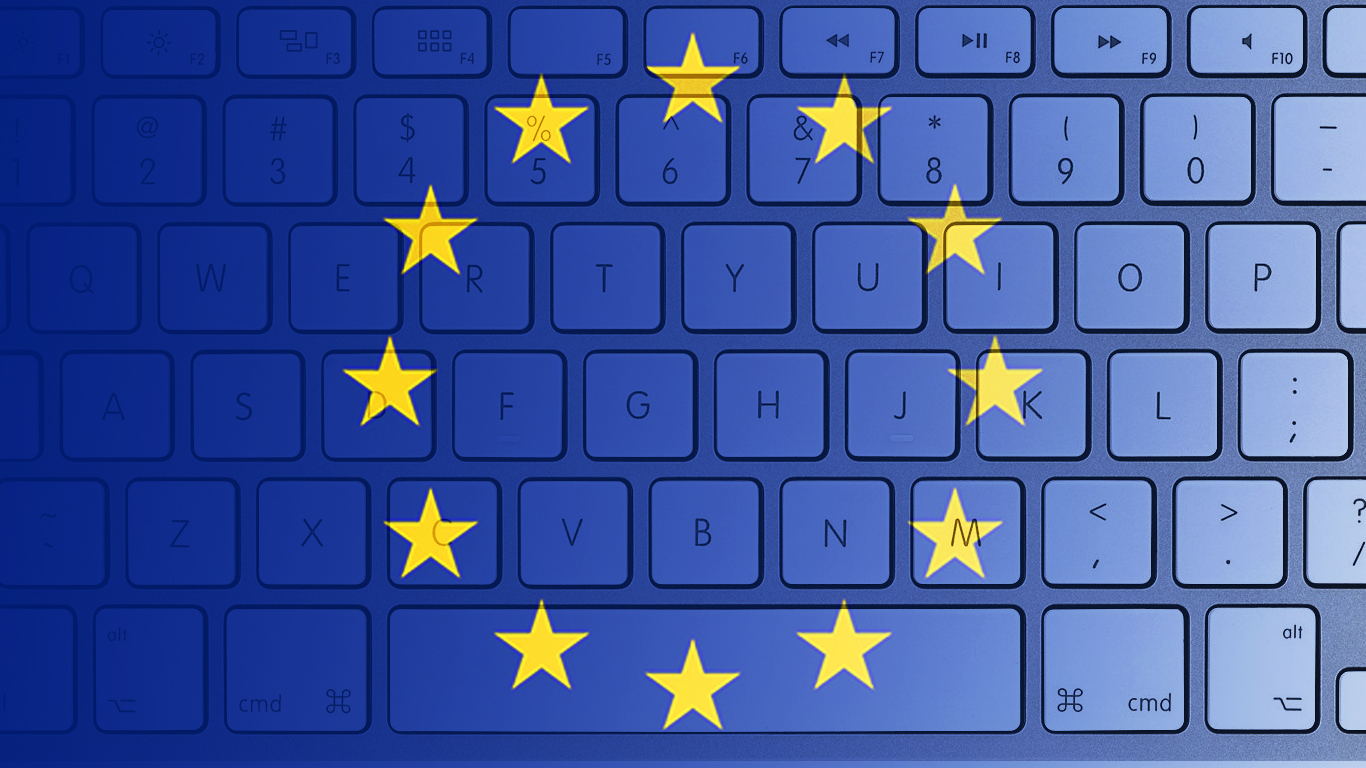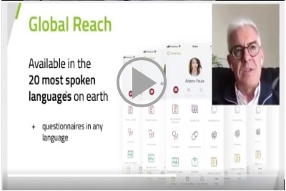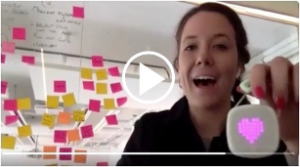With most of the world under some level of lockdown, technological innovation continues to play a crucial role in our fight against COVID-19. Public authorities, policymakers, and medical experts rely on the use of aggregated data to inform their decision-making and mitigate the impact of the crisis. The COVID-19 outbreak is a transnational issue, so a pan-European approach needs to support digital solutions and to ensure their growth and effectiveness. Thousands of apps already play a large role in our daily lives at home: keeping in touch with loved ones via social media, entertaining ourselves with streaming services, working remotely via teleconferencing and other cooperation tools, attending virtual doctors’ appointments, ordering from local restaurants, using apps to learn new skills, and many more. Apps and technology undeniably make it easier to shift our lives online. While we may be staying at home for a little while longer, we have many forms of human contact, resources, and information right at our fingertips thanks to the internet and platforms.
In using this unprecedented event as context, the App Association highlighted some of our members’ innovative solutions and brought those members together with European policymakers. On May 6, we hosted a virtual panel discussion on the digital and institutional responses to the public health crisis, in which our participants touched on current political trends, future digital regulation, and our members shared their real-life experiences of being a developer in times of COVID-19.
Our chairman Mike Sax gave a brief introduction in which he emphasised the crucial role apps and technology can play in the economic recovery after the COVID-19 pandemic and the value of apps and platforms as the driving force of the mobile economy. Member of the European Parliament (MEP) Axel Voss from Germany followed suit on the topic of mobile apps and stressed the importance of finding a balance between effectiveness and privacy in mHealth software, especially for contact tracing apps. He also highlighted the need for an interoperable, European approach – a plan MEP Eva Kaili from Greece also endorsed.
Moreover, MEP Kaili pointed out the value of a trusted environment. Only in a trusted environment—in which privacy and democratic values are respected—will Europeans use contact-tracing apps which might produce useful data for science and research. COVID-19 didn’t necessarily change everything, she said, it merely accelerated trends of digitalisation that already existed and forced people to realise that the world has already changed. While it is hard for legislation to keep up with the pace of transformation, to Kaili it’s crucial that legislation enables app developers rather than hinder their progress if we want to have a successful digital economy and realise the huge value it holds.
Mr. Robert Dehm from the Permanent Representation of Germany to the EU reiterated that interoperability, technical specifications, and privacy are topics that need to be discussed and agreed on across the EU. With the upcoming German presidency of the European Council, Dehm gave some insights on what is likely to be on the policy agenda. The German representation hopes that some elements of the European Commission’s agenda will be tackled earlier than planned – namely the data governance framework and common data spaces, as the usage of data has become even more important during the COVID-19 pandemic. We are living in a time in which tech is crucial for the functioning of our societies, and Dehm cautioned that some of these dependencies may not be healthy anymore and that digital sovereignty is likely to remain on the EU’s agenda.
Next, Vincent Keunen of Andaman7, who has been working on mHealth apps for years, spoke about how his business works daily to strike the balance mentioned by MEP Voss: to have an effective, well-functioning app while ensuring customer trust and complying with data protection rules. Vincent also highlighted how in the United States Andaman7 can connect to 85 percent of all hospitals because there is one software standard – in Europe, on the other hand, “it’s a nightmare” because each hospital uses its own API. With the App Store, Andaman7 has access to a worldwide market but operating in the healthcare sector is complex. Having a common European API would be immensely useful for companies like his. Another aspect that makes scaling up in Europe more difficult is the lack of funding, as EU private investors usually operate on a much smaller scale than in the United States. Especially given the EU’s global ambitions, Vincent would like to see more EU funding for companies that are starting and scaling up.
Fernando Guerrero, from Spain-based Nouss and SolidQ, told participants about how his company has developed AI-based smart planning solutions to provide assistance to COVID-19 patients, bringing real-time information to health workers and ensuring efficient usage of scarce resources to save lives. From his experience, Fernando says the public health crisis has shown the value of AI and emphasised the need for current, relevant, and accurate data to continue using AI successfully in Europe. Although the EU has launched several efforts to help small and medium enterprises through the crisis, Fernando is concerned that it still takes too long to receive financial help. Those processing times need to be shortened to save businesses. Fernando also emphasised that the innovation and research that takes place in small companies is done with a different goal than in academic settings or research institutions. Rather than doing basic research, SMEs focus on innovating for the benefit of their client and the society around them.
Dora Palfi from imagiLabs rounded out the member portion of the event. She emphasised that the COVID-19 crisis has shown us that tech truly is the future but cautioned that “if we don’t include women in building algorithms and software, gender inequality in tech will continue to exist.” Only 17 percent of ICT professionals in Europe are women, and Dora made it clear that if “tech = future, and women ≠ tech, then women ≠ future.” With the next generation growing up as app-natives, Dora says imagiLabs wants to ensure that everyone is able to have an equal say in what the future is going to look like and actively shape it.
In the closing remarks, MEP Ivan Štefanec stressed the need for European solutions that are equally helpful and useful for all Europeans. He also applauded the creativity of European companies in creating new digital and medical solutions in the face of the COVID-19 outbreak and highlighted the importance of businesses like our members for the post-crisis economic recovery.
The App Association is grateful to all our speakers for participating in the event and making it a success. Even during a historic pandemic, this panel showed us that big ideas often come from small companies. Good regulation can help these big ideas thrive in a safe and reliable ecosystem.



